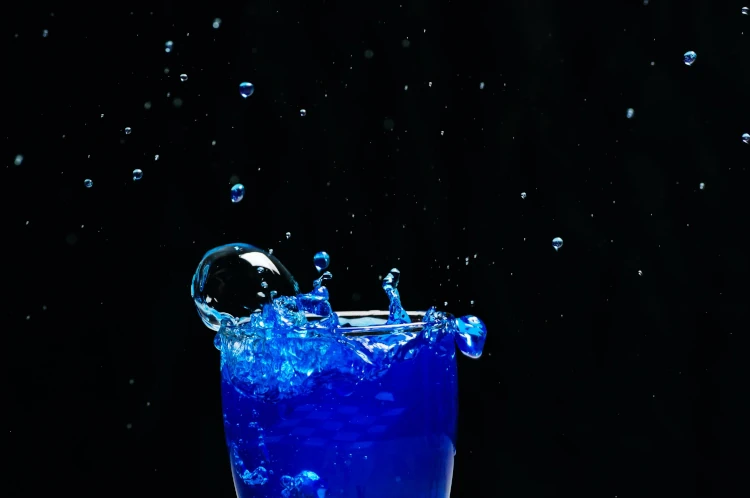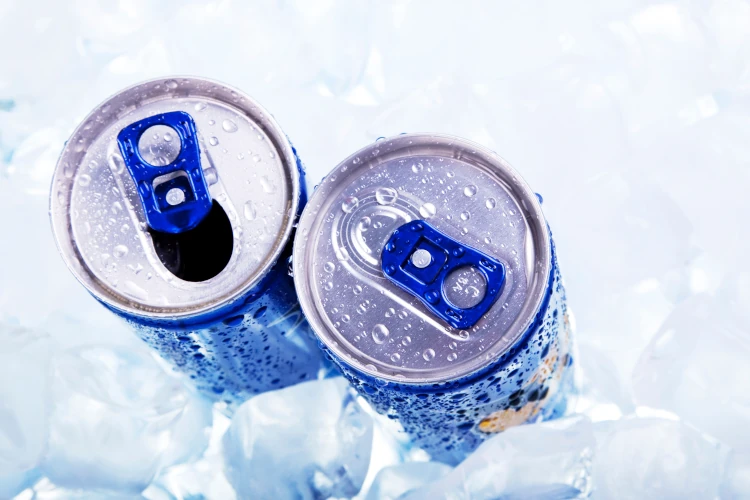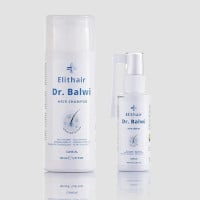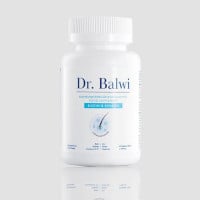
Can Energy Drinks Cause Hair Loss?
A Chinese research has found that those who regularly drink energy drinks are 42% more likely to lose their hair, especially men.
In today’s article, we will explain what the connection between baldness and energy drinks is, and also try to give some tips on what you can do in case of hair loss.
Summary
- Why can energy drinks cause baldness?
- Why can hair fall out due to energy drinks?
- Study on the relationship between energy drinks and hair loss
- How many energy drinks do you have to drink to be at risk of baldness?
- What to do in the event of baldness?
Why Can Energy Drinks Cause Baldness?
Energy drinks contain various elements such as:
- sugar
- caffeine
- vitamin B
- carbohydrates and electrolytes
- herbal ingredients, such as ginseng
- amino acid derivatives, such as carnitine
These elements are essential for hair growth, also playing a key role in gene expression. In addition, they accelerate cell division, increase follicular proliferation and protect hair follicles from oxidative damage.
Although these energy drinks may seem very useful for people suffering from baldness, there are side effects that may cause a greater risk of experiencing hair loss directly or affect overall health.
Why Can Hair Fall Out Due to Energy Drinks?

As our lead surgeon Dr. Balwi recently said in an article from The Express, excessive intake of energy drinks is a predisposing factor to the toxicity of certain elements such as caffeine and selenium. The toxic dose of caffeine is 3 mg/kg/g, while the daily dose should not exceed 700 mcg of vitamin A and 55 mcg of selenium.
Selenium and vitamin A are toxic to hair when taken in high doses and can also be a trigger for alopecia areata. Excessive consumption of energy drinks is linked to an increase in catecholamines and stress hormones.
Therefore, energy products can be regarded as a risk factor for diabetes and metabolic problems, and can also cause hair loss.
Sugar and its related health issues
Usually, energy drinks contain many types of sugar. These include corn sweetener, corn syrup, dextrose, fructose, glucose, high-fructose corn syrup, honey, lactose, malt syrup, maltose, molasses, raw sugar and sucrose.
Consumption of over-sweetened drinks such as Red Bull and the like is also associated with health problems, such as weight gain, obesity, type 2 diabetes, heart disease, kidney dysfunction, non-alcoholic liver cirrhosis, tooth decay, arthritis and gout.
Every year in the US, about 20,000 patients go to the emergency room because of the side effects of drinking too many energy products. Most of the problems associated with these drinks are caused by caffeine poisoning, the limit of which, as mentioned above, is 3 mg/kg/g.
Study on the Relationship Between Energy Drinks and Hair Loss
Chinese research developed by experts from Tsinghua University in Beijing highlighted the fact that male pattern baldness in China increased from 21.3% in 2010 to 27.5% in 2021.
The study examined over 1,000 men in 31 different provinces in China aged between 18 and 45. There were 592 subjects with hair loss, the majority of whom were elderly, smokers or former smokers, alcohol users, with a low level of education and not very physically active.
The subjects whose diet consisted of energy drinks, sweetened tea and coffee, fast food and fewer vegetables were almost all affected by baldness. In contrast, participants without hair loss problems followed a healthy, balanced diet of grains, roots, fruit, fish and seafood.
An excessive intake increases the risks
The data show that participants affected by baldness consumed large quantities of sugary drinks or energy drinks. The weekly consumption of these drinks was 4293 ml in hair loss subjects compared to 2.5 litres of the drinks in normal participants.
All in all, the researchers concluded that energy drinks increase the risk of hair loss in men, further stating that younger people should be very careful about the effects these drinks cause. In fact, in addition to baldness, sugars can cause serious damage to health.
How Many Energy Drinks Do You Have to Drink to Be at Risk of Baldness?

The market share of energy drinks grew in 2022, with the US leading the way. Before choosing a brand of energy drink, one should always be careful, as not all of them have been approved by the US Food and Drug Administration (FDA).
The consumption of energy or sugar-sweetened drinks varies and generally depends on the components present and their concentration. An acceptable consumption averages 5-7 energy drinks per week. Above this amount, there is a risk of serious damage to health.
What to Do in the Event of Hair Loss?
There are three possible solutions to combat baldness.
- Minoxidil: foam to be applied to the hair capable of stimulating regrowth, usually sold in 2% or 5% concentrations.
- Finasteride: 1 mg daily tablet, capable of inhibiting the effects of the 5α-reductase enzyme that converts testosterone into dihydrotestosterone (DHT), the hormone responsible for hair loss.
- Hair transplantation: the extraction of follicular units from a healthy area unaffected by hair loss and their subsequent grafting into the areas affected by baldness. To this date it is the only permanent solution against hair loss.
Minoxidil and finasteride have proven to be useful drugs for combating hair loss, but they have side effects that can also be serious. Hair transplantation, on the other hand, is the only definitive solution that can solve the problem of baldness once and for all.
Expert Advice from Elithair
Never forget to take care of your hair and only use natural, non-aggressive products. For this reason, Dr Balwi, the head of Elithair, has created a wide range of products suitable for all hair types for those suffering from hair loss. Elithair’s products not only effectively combat baldness, but also nourish and strengthen hair follicles.
FAQ
What specific ingredients in energy drinks might contribute to hair loss?
Ingredients like high levels of caffeine, sugar, and certain artificial additives can contribute to dehydration, nutrient depletion, and increased stress hormones, which may negatively impact hair health.
How does caffeine in energy drinks affect hair follicles?
While moderate caffeine can stimulate hair growth, excessive consumption can lead to increased stress and hormone imbalances that may harm hair follicles.
Can reducing the intake of energy drinks improve hair health?
Reducing intake can improve overall health by restoring proper nutrient balance and reducing dehydration, potentially leading to healthier hair over time.
Are there any studies linking energy drinks to hair loss?
Recent studies do suggests that excessive consumption of caffeine and sugar can have negative health effects that indirectly impact hair health.
What are healthier alternatives to energy drinks for boosting energy?
Healthier alternatives include water, herbal teas, natural fruit juices, and snacks high in protein and complex carbohydrates, which provide sustained energy without harmful side effects.


